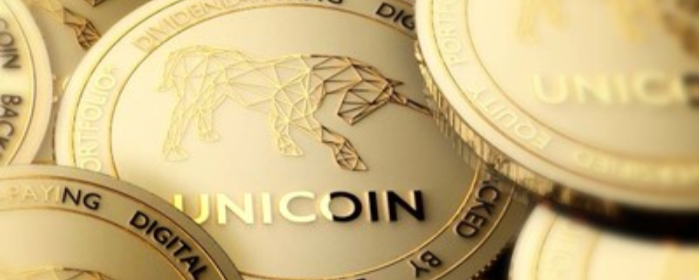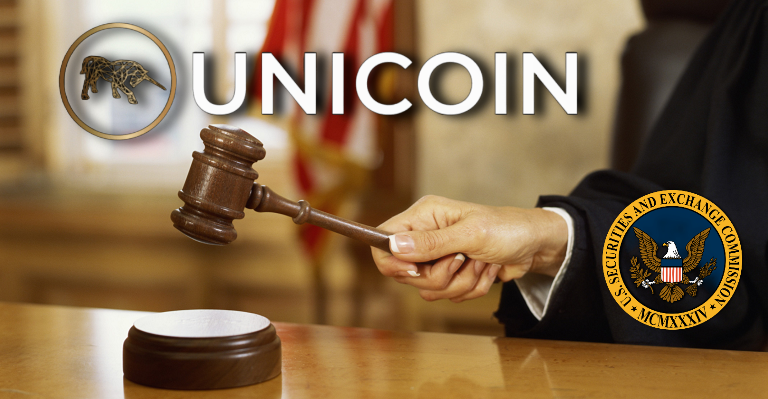TL;DR
- The U.S. Securities and Exchange Commission (SEC) has accused Unicoin of exaggerating its fundraising figures and falsely claiming real estate asset backing, stating it raised $3 billion when it actually only secured around $110 million.
- Over 5,000 investors were allegedly misled by false promises and incorrect claims of SEC registration.
- The company denies all charges and intends to fight them in court.
The SEC has initiated legal actions against Unicoin, Inc. and its top executives, including CEO Alex Konanykhin, for allegedly inflating figures and making misleading claims about their asset-backed token. According to the lawsuit, Unicoin publicly claimed to have raised $3 billion, when in reality it only obtained around $110 million. Additionally, the company reportedly promoted its cryptocurrency as backed by billions in real estate assets—an assertion for which the SEC says there is no concrete evidence.
They are also accused of falsely claiming that their token offering was registered with the SEC, which allegedly misled potential investors by presenting the project as safer than it actually was. Konanykhin has publicly denied all allegations, calling them “blatant fabrications,” and maintains that he will prove the legality of his actions in court.
Security Promises, Inflated Realities
The Unicoin case has become a focal point in the ongoing tension between crypto innovation and traditional regulation. While the crypto community prizes decentralization and financial freedom, it cannot afford scandals that undermine public confidence. The SEC alleges that the company issued “rights certificates” that were marketed as being backed by tangible assets, including real estate and company equity, but that these certificates were worth only a fraction of what was promised.
Regulators have also raised concerns about Unicoin’s aggressive marketing strategy, which included widespread ads on New York City taxis and social media platforms. These campaigns portrayed the investment as safe and reputable, bolstering the illusion of legitimacy. Now, the SEC is seeking financial penalties, bans on corporate leadership roles, and restrictions on the future activities of the executives involved.
Crypto Industry Between Distrust and Regulation
Despite the alarming tone of the case, many advocates of the crypto ecosystem see this as an opportunity. The truly serious projects, with clear audits and full transparency, will benefit by standing out against empty promises. Cases like Unicoin’s, if proven true, serve as a warning but also a call to strengthen self-regulation and adopt more robust standards.

In this regard, platforms like Chainlink, Polygon, and Avalanche have taken steps toward transparency with verifiable data and strategic partnerships with real-world companies. The maturity of the crypto market depends on separating empty promises from genuine proposals. If Unicoin cannot prove its claims, it will be yet another example of why the ecosystem must move toward more responsible practices without sacrificing its decentralized essence.

